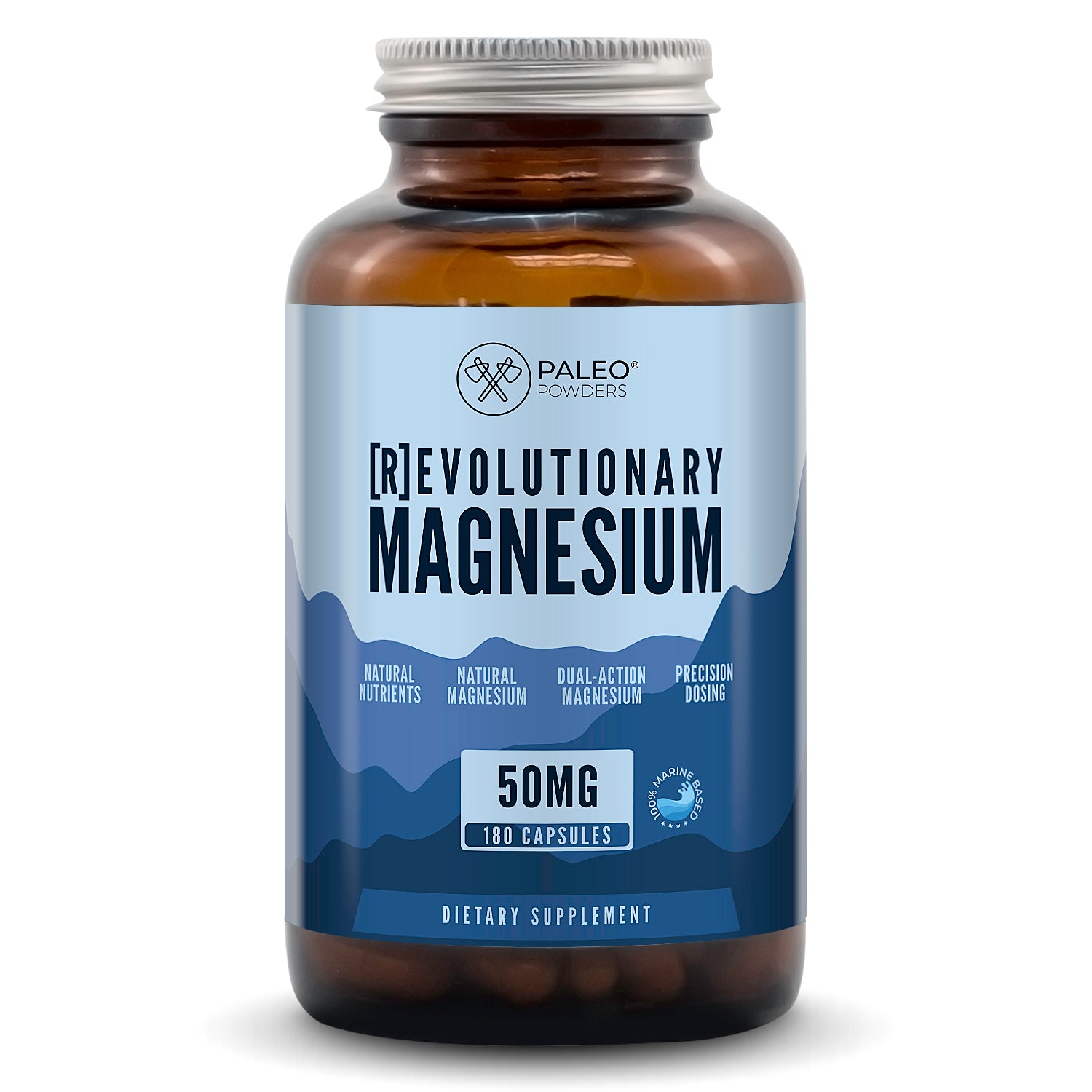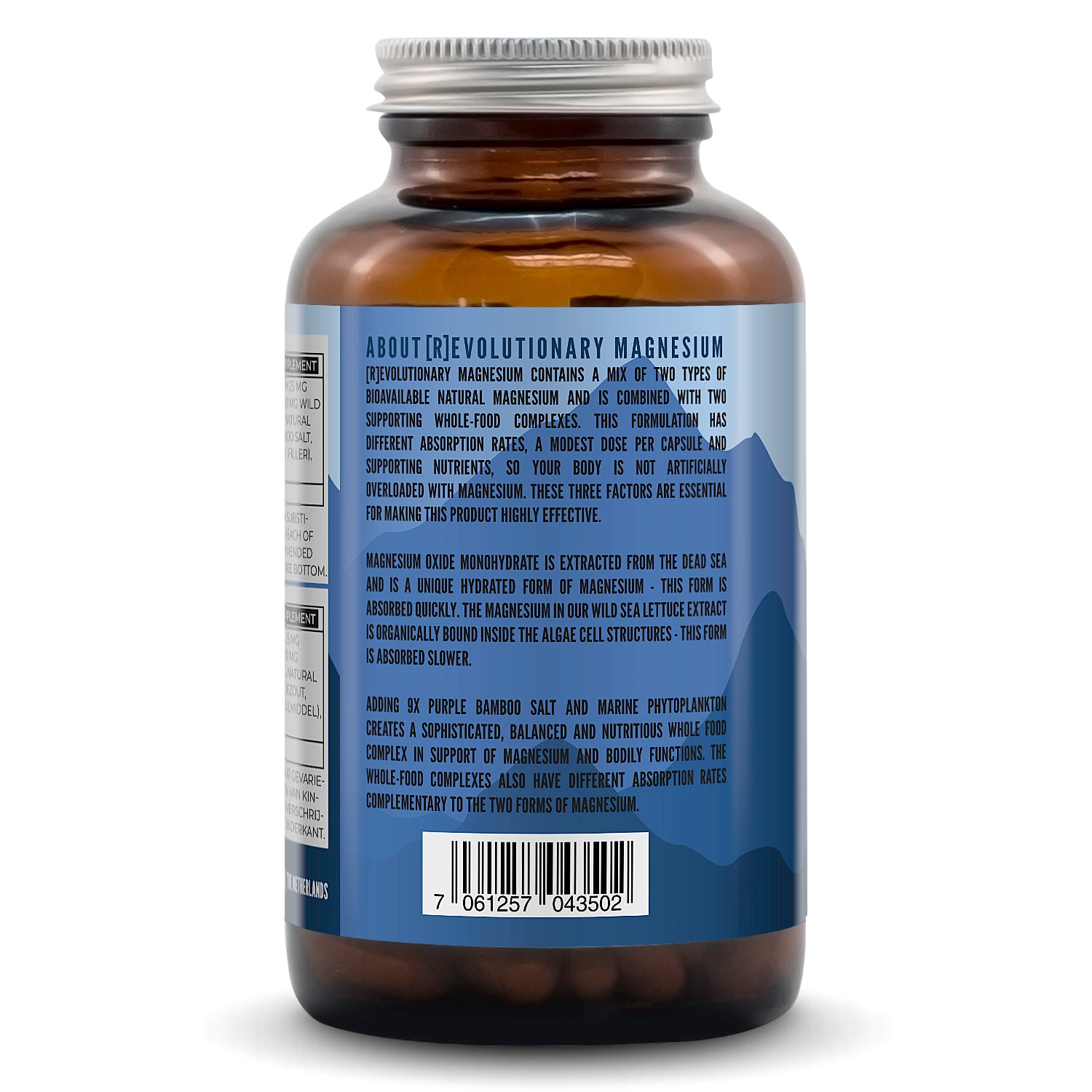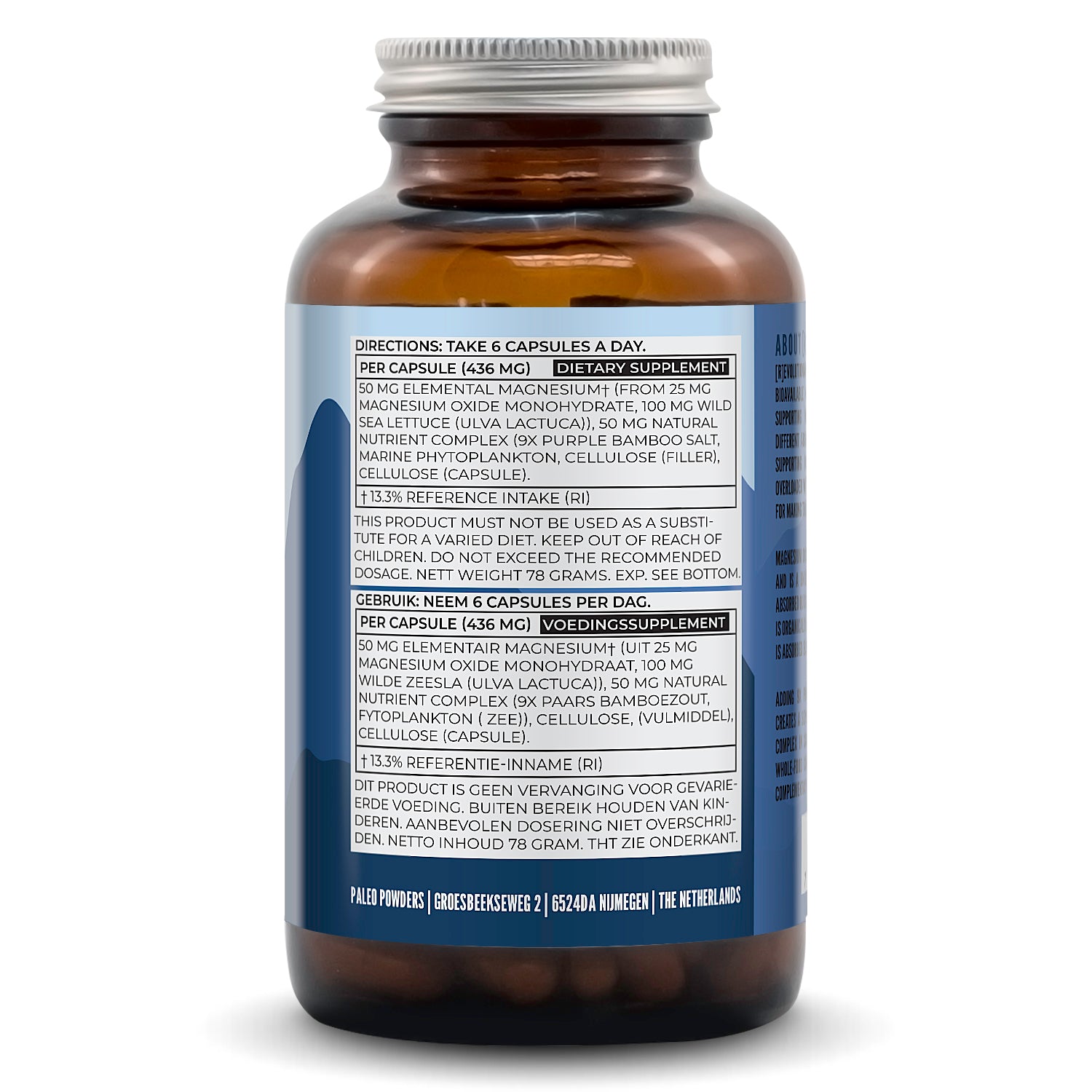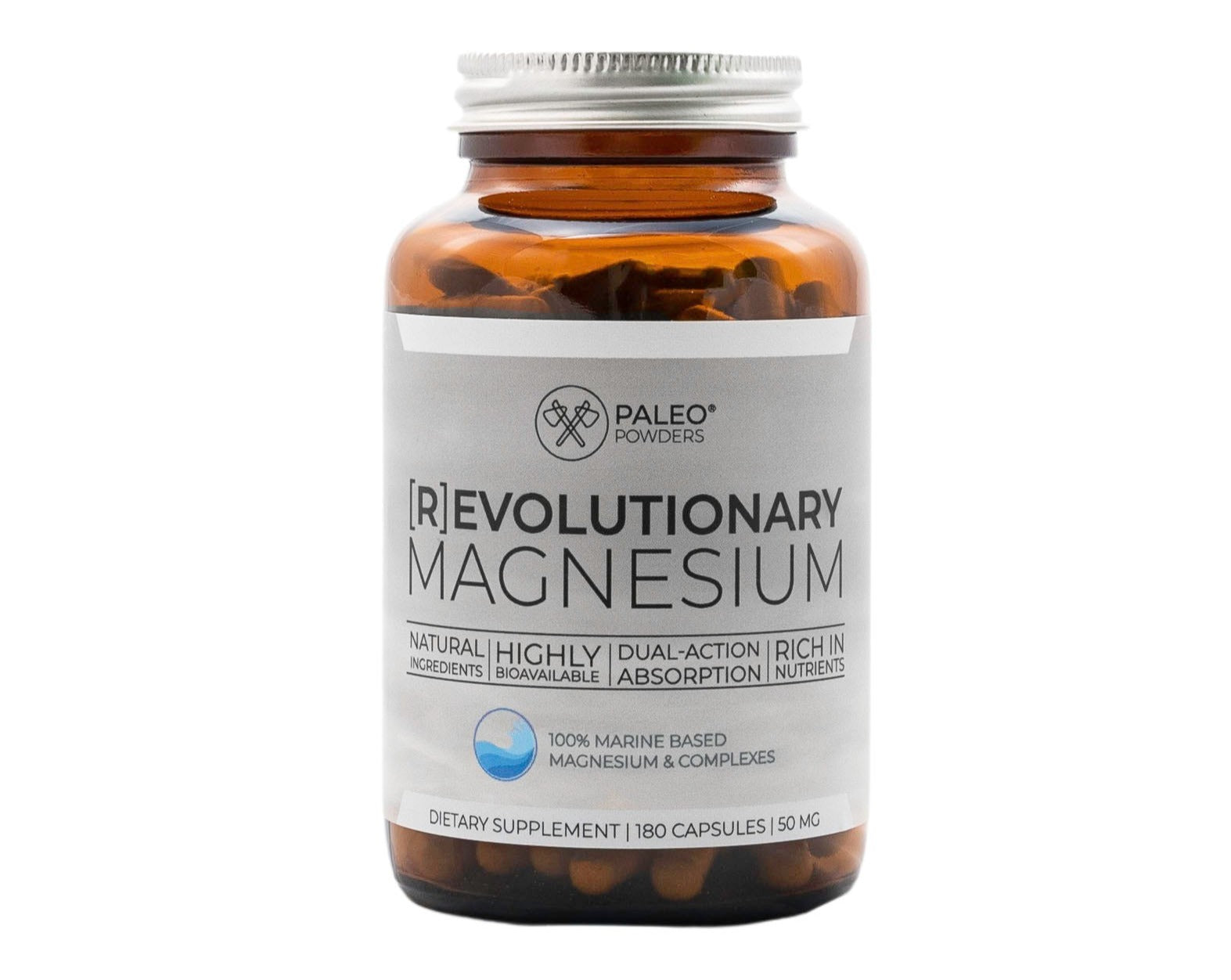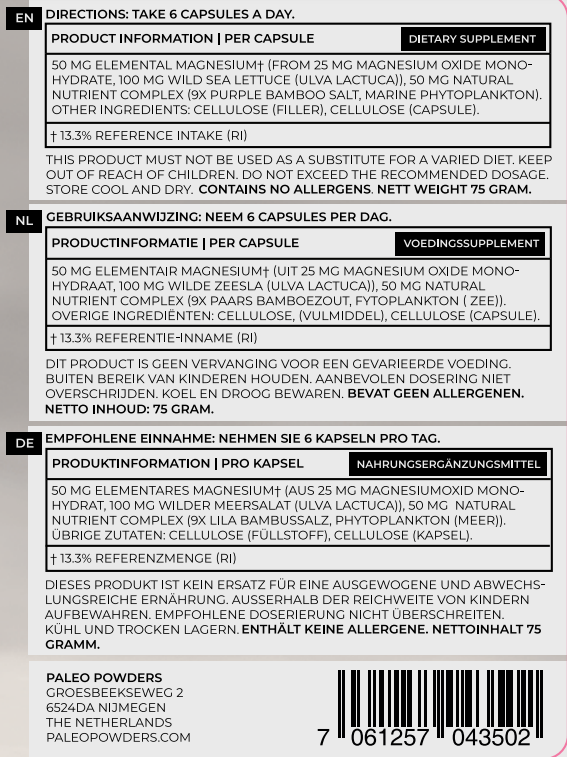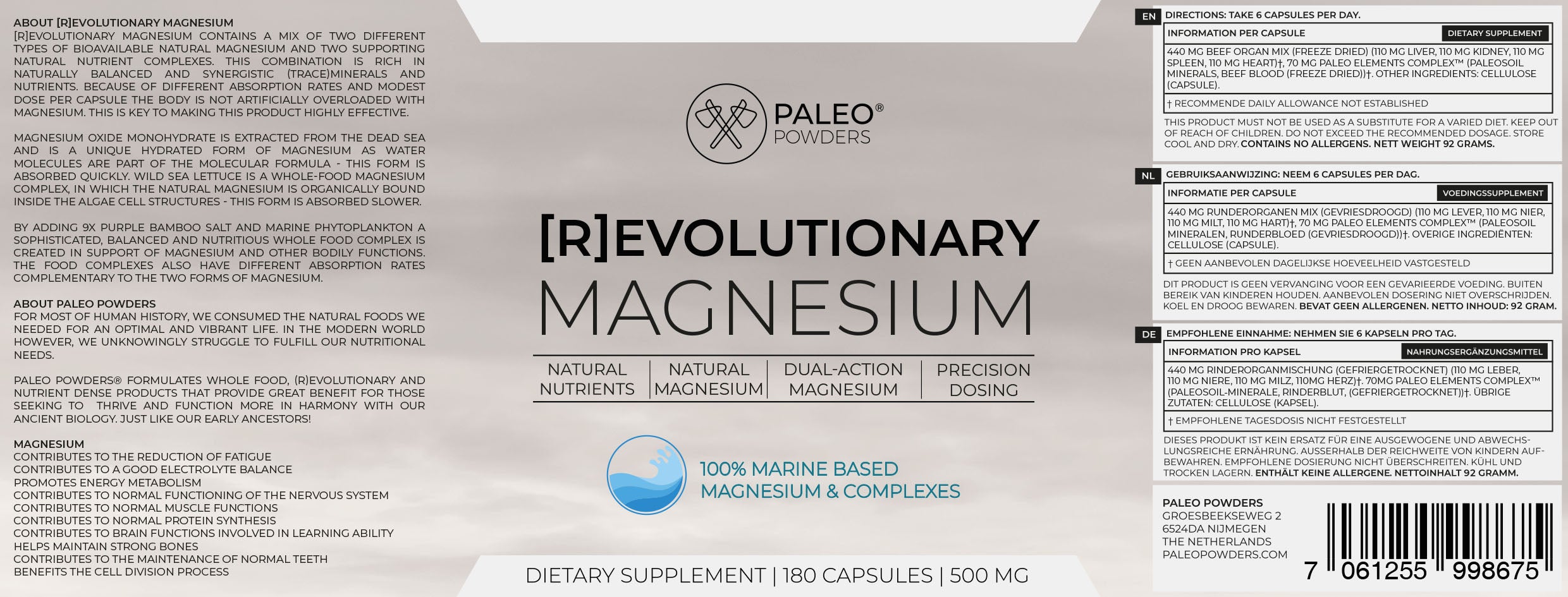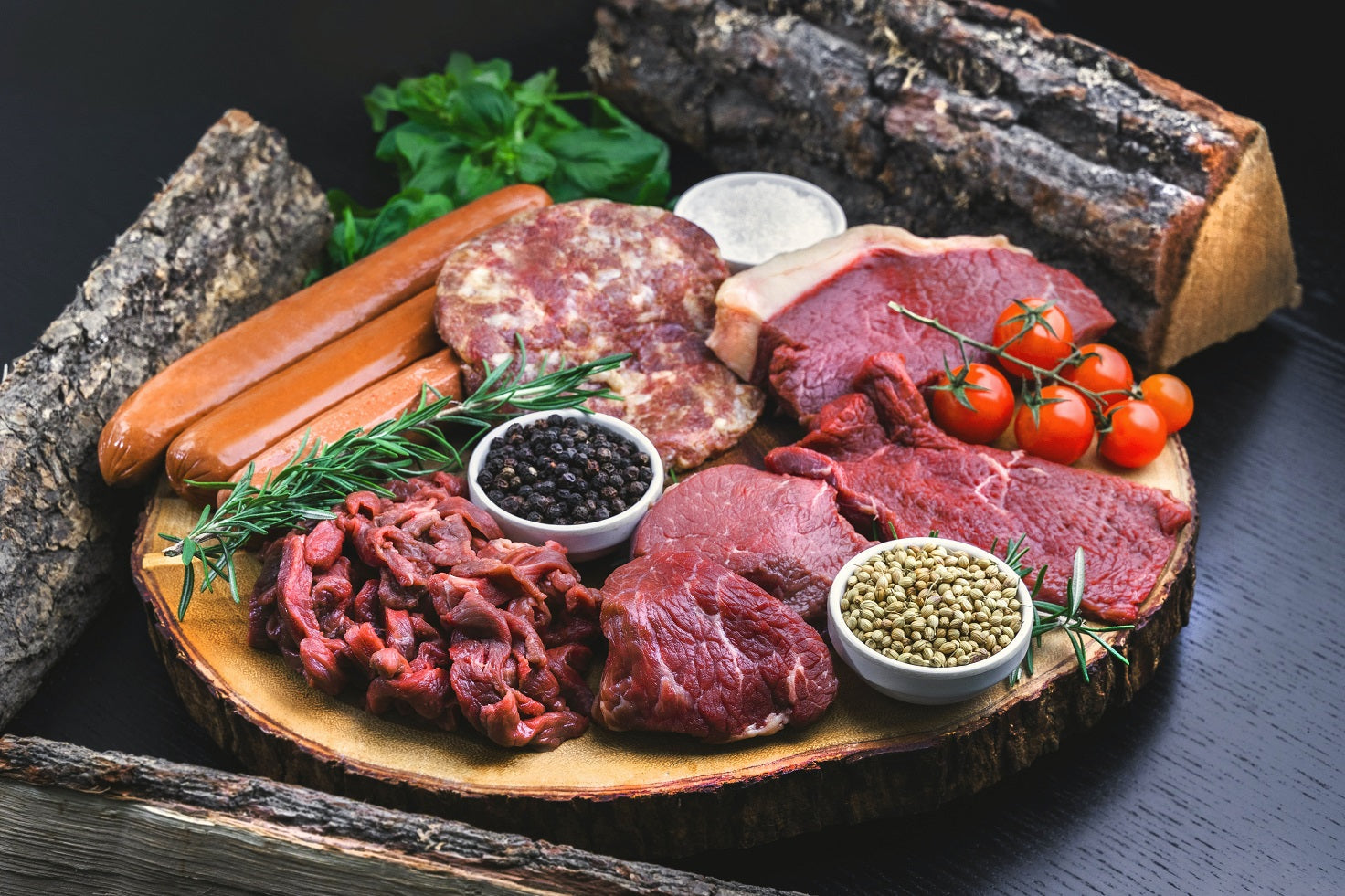
Bovine organs as a primary source of nutrition
When it comes to maximizing the nutritional value of beef, many people focus on cuts like steak. But what about the organs?
Traditionally, organs were considered a delicacy in many cultures around the world. In fact, our early ancestors probably prized organ meats for their nutritional richness and considered them a special treat. Today, the culinary world's nose-to-tail movement has put organ meats back in the spotlight, with chefs and home cooks alike embracing the idea of using every part of the animal.
An easy way to include more organ meats in your diet is to take a supplement. The Beef Organ Mix from Paleo Powders contains a balanced mix of different organs such as liver, kidneys and heart, all sourced from 100% grass-fed cows raised in New Zealand.
New Zealand is known for its high-quality grass-fed beef and the country's cows are raised on open pastures without the use of hormones or antibiotics. This means that the organ meats used in the capsules are not only pure, but also free of additives and contaminants such as antibiotics or pesticides.
But what makes organ meats so nutritious? For starters, it is an excellent source of essential vitamins and minerals. Beef liver, for example, is packed with vitamins A, B12 and folic acid, as well as iron and copper. It is also one of the best sources of vitamin D, which is important for bone health. Kidneys and heart are also good sources of iron, while pancreas is a rich source of enzymes.
In addition to their nutritional value, organ meats also have a number of other health benefits. For example, research suggests that consuming liver can help improve energy levels. It can also support healthy skin and improve overall well-being. Meanwhile, heart is a good source of CoQ10!
One of the reasons our ancestors thrived on an organ meat diet is that they recognized the importance of a varied and balanced nutrient intake. Different cuts of meat and organs contain different types and amounts of nutrients, and by including a variety of different options in their diets, our ancestors were able to get the most out of their diets. This is similar to the modern concept of "nose to tail" eating, which encourages using every part of an animal rather than wasting any part of it.
In addition to the nutritional value of organ meats, our ancestors also recognized the medicinal properties of these foods. For example, liver was considered a blood tonic and often used to treat anemia, while kidney was believed to support kidney function and remove toxins from the body. Although these medicinal properties may not have been fully understood at the time, our ancestors knew these foods were valuable and included them in their diets.
Conclusion
So, what can we learn from the way our ancestors handled organ meats? One lesson is the importance of a varied and balanced nutrient intake. By including different meats and organs in our diet, we can support optimal health and wellness and get the most out of our protein sources.
Furthermore, by embracing a nose-to-tail approach to eating, we can reduce waste and support sustainable and ethical farming practices. Whether you follow the paleo or carnivore diet or simply want to improve your overall health and well-being, incorporating organ meats into your diet is a valuable and nutritious choice.
In addition to their nutritional value, organ meats are also a concentrated source of nutrients such as protein, iron and a range of vitamins and minerals. They can be a valuable addition to any diet and can help support optimal health and wellbeing.
So if you're looking for a convenient and nutritious way to incorporate more organ meats into your diet, consider giving Beef Organ Mix a try. Plus, by including organ meats in your diet, you can pay tribute to our early ancestors and their resourceful approach to eating. Who knows, you might even find yourself with a newfound appreciation for cow liver (or at least its health benefits).


